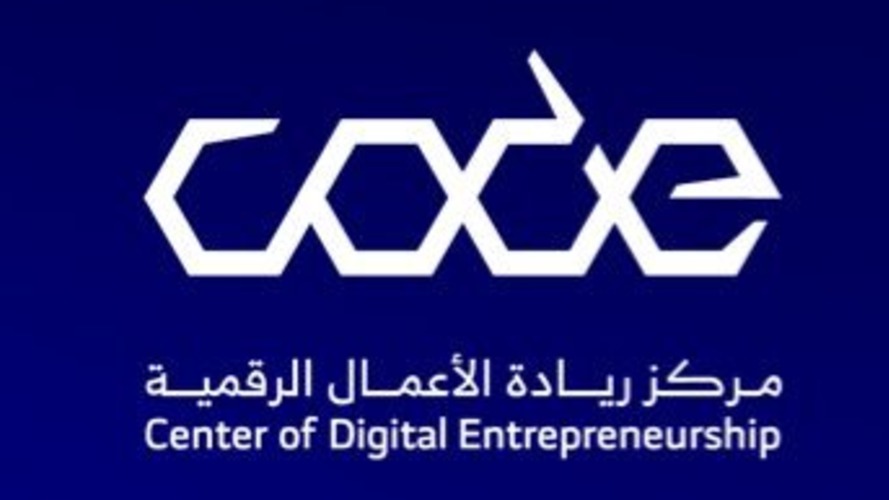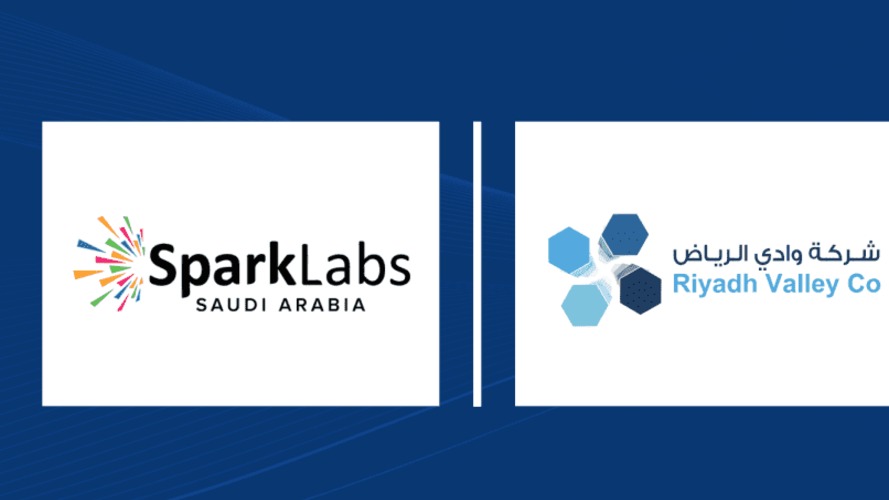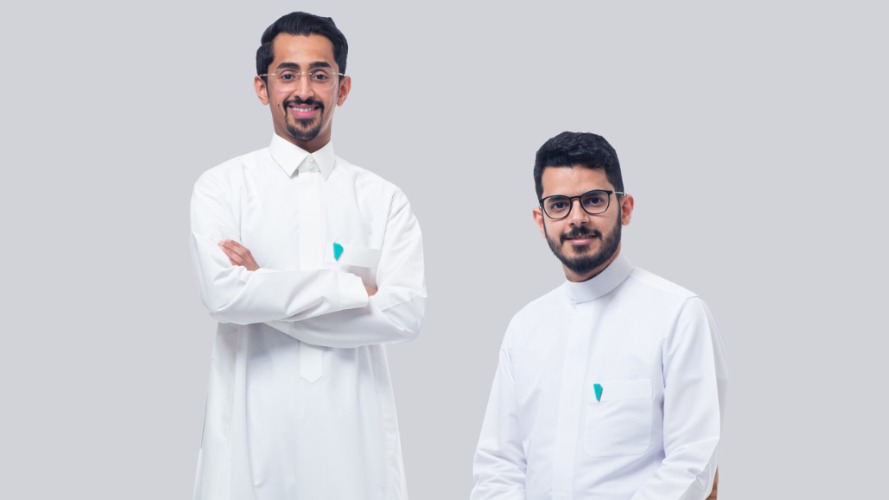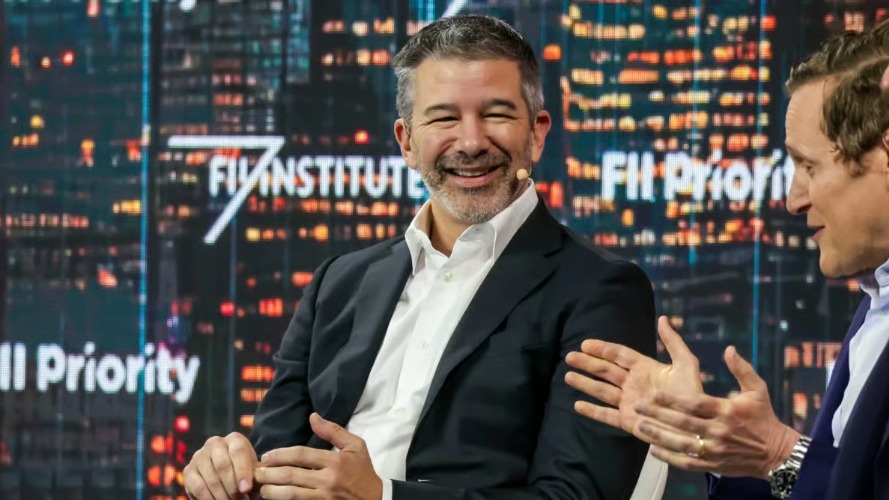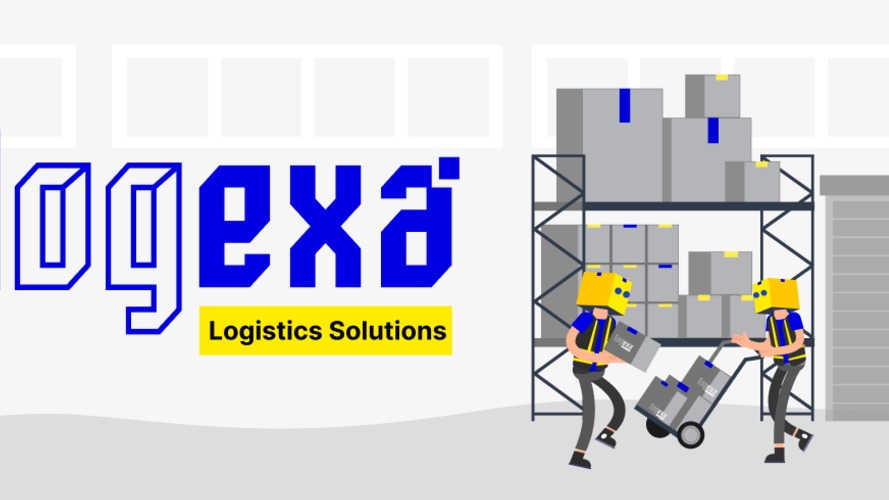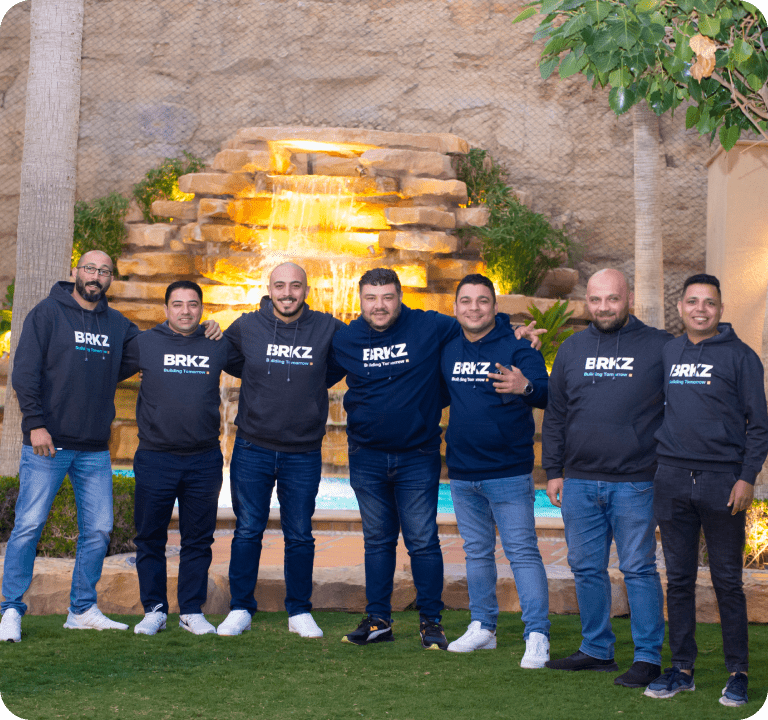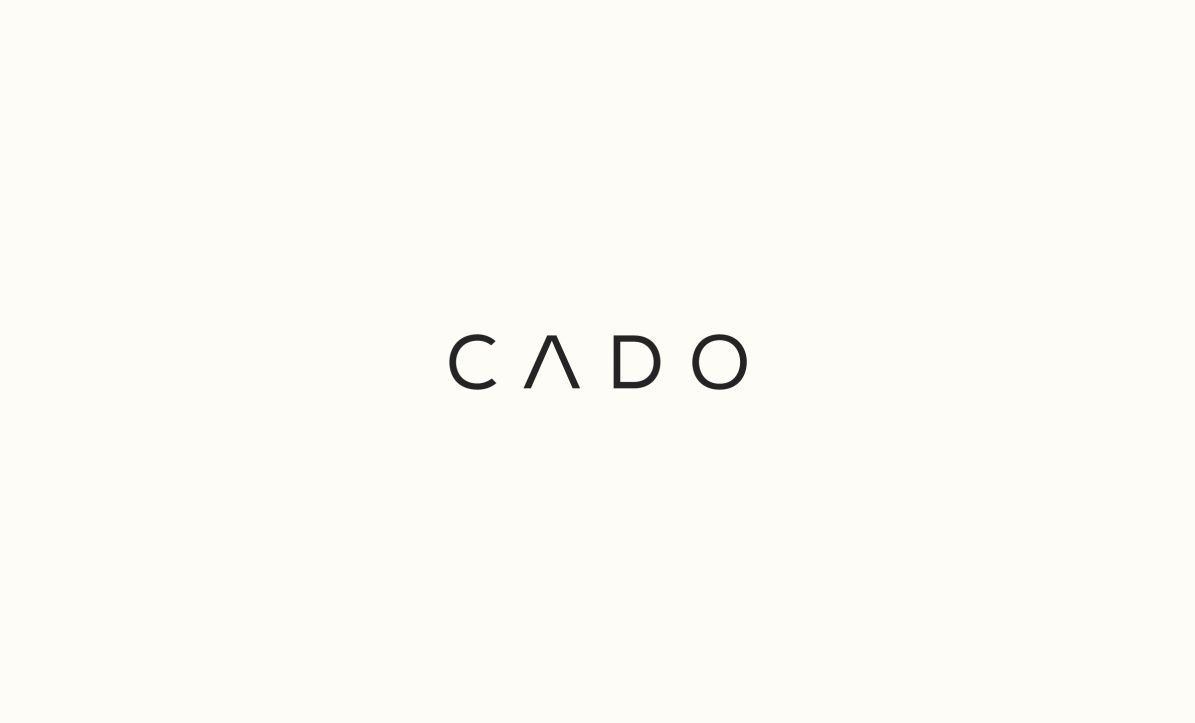In Riyadh’s glittering towers and in student labs in Jeddah, Abha, and Al-Ahsa, a quiet shift is underway. Founders are coding prototypes, universities are running hackathons, and investors are wiring capital into companies that didn’t exist a few years ago. At the center of this movement sits CODE — the Center of Digital Entrepreneurship. Born under Saudi Arabia’s Ministry of Communications and Information Technology (MCIT), CODE has become the national launchpad for the Kingdom’s startup economy.
Saudi Arabia’s Vision 2030 calls for building a vibrant private sector and diversifying away from oil. CODE is one of the clearest examples of how that vision translates into execution. It provides founders with not only programs and mentorship, but also physical labs across the Kingdom, transparent reporting, and a culture shift that is making entrepreneurship a mainstream career path. The result is a new rhythm to economic life in the Kingdom: one where founders are as visible as bankers, and where university students see entrepreneurship as an aspiration, not a gamble.
Year-by-Year Momentum
The growth is visible in CODE’s reports, which read less like bureaucracy and more like a startup’s own KPI dashboard:
2023 — 15,400 beneficiaries, 792 startups, 1,584 jobs, 435 prototypes, 100M SAR investments across 50+ rounds
2024 — 17,300 beneficiaries, 400 startups, 1,200 jobs, 300 prototypes, 162M SAR investments
Q1 2025 — 2,361 beneficiaries, 171 prototypes, 67M SAR investments
Q2 2025 — 4,855 beneficiaries, 1,050 prototypes, 25.2M SAR investments
Each year, CODE not only added volume but also shifted its focus — from fintech and gaming in 2023 to AI, healthtech, and logistics by 2024–25. This isn’t just acceleration; it’s adaptation to where the market is moving.
CODE is not only about numbers. The initiative has built a national grid of seven labs and branches stretching across Riyadh, Jeddah, Abha, Qassim, and Al-Ahsa, in collaboration with universities like King Saud, Princess Nourah, Dar Al-Hekma, King Khalid, and King Faisal. These are not symbolic spaces. They are fully equipped labs with prototyping equipment, co-working desks, mentorship zones, and constant calendars of bootcamps and challenges. They make it possible for a student in Abha to test an idea without leaving home, or for a woman founder in Jeddah to access mentorship without relocating to Riyadh. This decentralization of opportunity is one of CODE’s quietest but most significant achievements.
Program Highlights
CODE’s programs act like assembly lines for startups, moving ideas into products and products into companies:
Ruwad Al-Tech — in its fifth edition (2024–25), focused on AI in fintech, providing 6M SAR in incentives with NTDP
Women in Tech Accelerator — run with Standard Chartered, giving women founders mentorship and capital access
Robotics & Digital Manufacturing Mekathon — logged 4,300+ mentorship hours in 2025, guiding students to build functioning robots
AI Incubator — launched in 2025, nurturing AI-powered startups with technical guidance and investor access
These are not one-off events. They are carefully structured pipelines — carrying founders from idea to MVP, from seed to scale-up.
The human impact is even more striking than the data. Abdullah Asiri, CEO of Lucidya, said after participating in CODE: “In Silicon Valley, founders take bold steps toward their goals. That’s the mindset CODE instilled in us, and we’re carrying it back to Saudi.” Lucidya used CODE’s platform to refine its analytics product, attract investors, and expand in Arabic AI — a market where global competitors had overlooked local nuances.
For Istoria, a content-tech startup, CODE provided something invaluable: speed. “The mentorship and regulatory access shortened our path to market by months,” co-founder Khaled Al-Rashed said. “It was the difference between testing and scaling.” Healthtech startup Fathom.io echoed the sentiment: “We would still be testing in isolation if not for CODE. With their mentorship and regulatory access, we went from concept to live pilot in under six months.” In an industry as cautious as healthcare, that acceleration was critical.
Students feel the difference too. At the Mekathon in Abha, a participant described the experience simply: “The Mekathon was the first time I built something real with a team. It gave me confidence that I could actually be an entrepreneur, not just a student.” That cultural shift — from entrepreneurship as a risky gamble to a respected career choice — may be CODE’s most profound impact.
Strategic Partnerships
CODE’s effectiveness is amplified by the partners it pulls into the ecosystem:
Techstars Riyadh — opening global mentorship doors
Google Boost — linking startups with developer communities
Standard Chartered — backing women founders with expertise and networks
King Salman Arabic Language Complex — driving Arabic-focused AI projects【2024】
As Minister Abdullah Al-Swaha put it: “What CODE provides is not simply space or training. It’s a systemic platform where ideas can turn into companies, and companies into industries.”(Q2 Report - CODE)
Saudi Arabia already has breakout names like Tamara in buy-now-pay-later and Jahez in food delivery. But to diversify its economy, it needs dozens more. CODE’s reports — with data on beneficiaries, startups, jobs, and investments — prove that the pipeline is filling. From 792 startups supported in 2023, to 400 more in 2024, and hundreds again in 2025, the trajectory is upward. The ecosystem no longer feels experimental; it feels inevitable.
Challenges remain. Series B and C capital is still scarce. Scaling internationally requires stronger ties with sovereign wealth funds, family offices, and global VCs. And in fintech and healthtech, consumer trust has to be earned slowly. But CODE’s year-on-year growth, its consistent reporting, and its ability to shift program focus show that these hurdles are being systematically reduced.
As one founder told TechScoop after a CODE demo day: “Five years ago, I would never have thought of starting a company. Now, with CODE, I feel like I’m part of something much bigger.” That confidence — along with the 39,000 beneficiaries, 1,423 startups, and 345 million SAR facilitated so far — signals that Saudi Arabia’s startup revolution is not a prediction anymore. It is happening now.
The bottom line is clear: CODE has become Saudi Arabia’s national startup accelerator. The only question is which of its graduates will become the next Tamara or Jahez — and how many of them will carry Saudi entrepreneurship onto the global stage.
